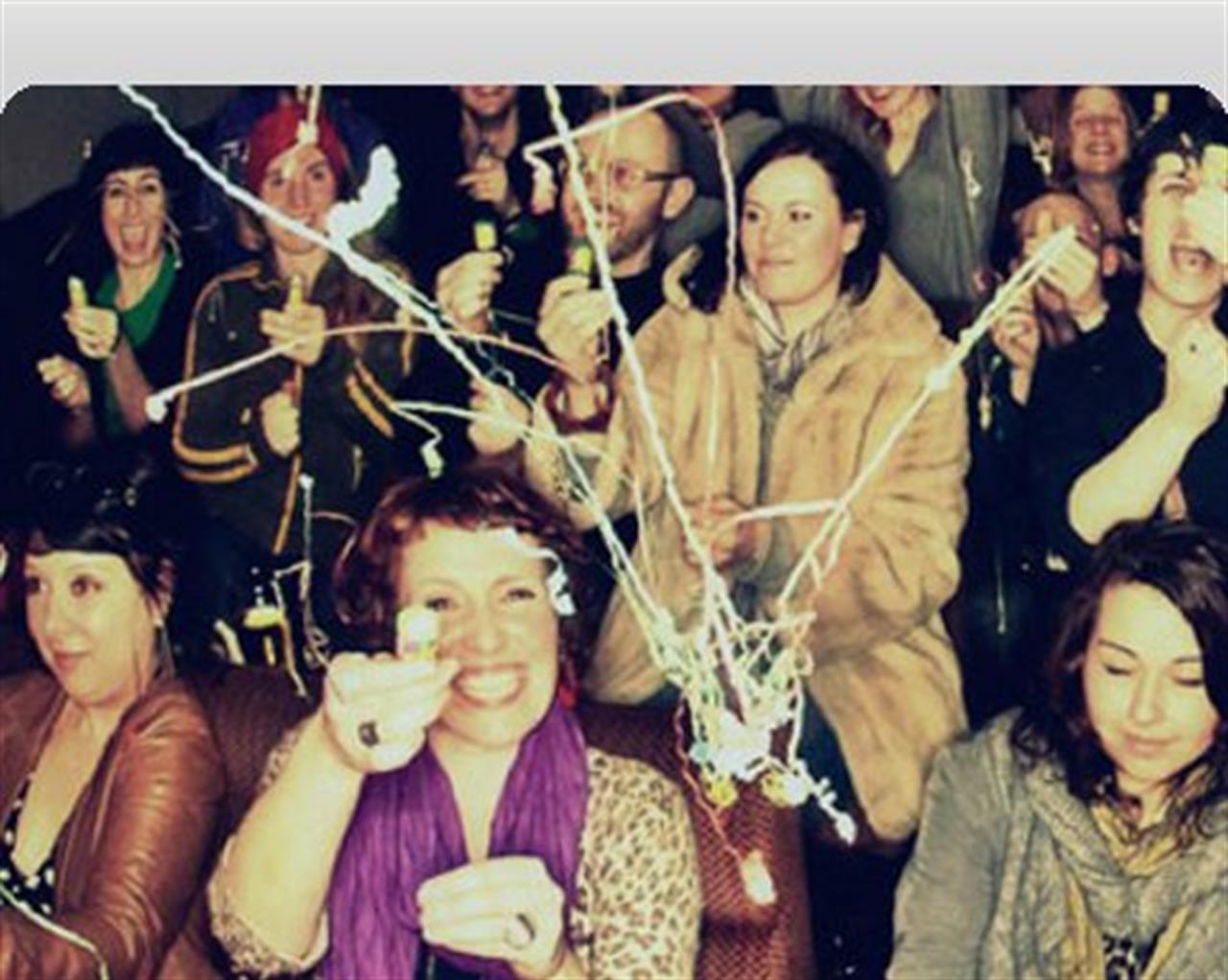A global pop up festival
The world's first truly worldwide festival of short films is at your doorstep

Imagine a world in which there was no need to buy an expensive ticket or fight against a queue of spectacled radical-chic 20 somethings to go to a world class film festival but could simply jolly on down to your local University, association or gym.
Luckily for us such a world isn’t only possible but already here thanks to Future Shorts, a London based film company that has just launched the world’s first global pop up short film festival. The best news, however, is for those wanting to set up a film festival without having to do the hard work. “All they have to do”, confides Fabien Riggall, founder and director Future Shorts, “is click a button on our website”.
Since 2003 Future Shorts has been selling short term licenses to venues in more than 50 of the world’s cities, in 17 countries, from London to Moscow, Melbourne and Jakarta. “I don’t think that traditional distribution is working for current audiences”, explains Riggall, we have built the infrastructure to make it easier for people to access good films”.
Last Thursday Future Shorts announced that it will be launching a new format which it hopes will become “the first ever global pop up festival for short films”. What does it mean? That between November 1 and January 31 it will help hundreds of venues across the globe screen the same selection of films. The programme includes Oscar winner God of Love by Luke Matheny, Bafta winner The Eagleman Stag by Michael Please, Sundance winner Deeper Than Yesterday by Ariel Kleinman, Berlinale winner Incident By A Bank by Ruben Ostlund, The External World by David O’Reilly, and Luminaris by Juan Pablo Zaramella.
For full details of the new initiative, visit futureshorts.com/festival
Nessuno ti regala niente, noi sì
Hai letto questo articolo liberamente, senza essere bloccato dopo le prime righe. Ti è piaciuto? L’hai trovato interessante e utile? Gli articoli online di VITA sono in larga parte accessibili gratuitamente. Ci teniamo sia così per sempre, perché l’informazione è un diritto di tutti. E possiamo farlo grazie al supporto di chi si abbona.
